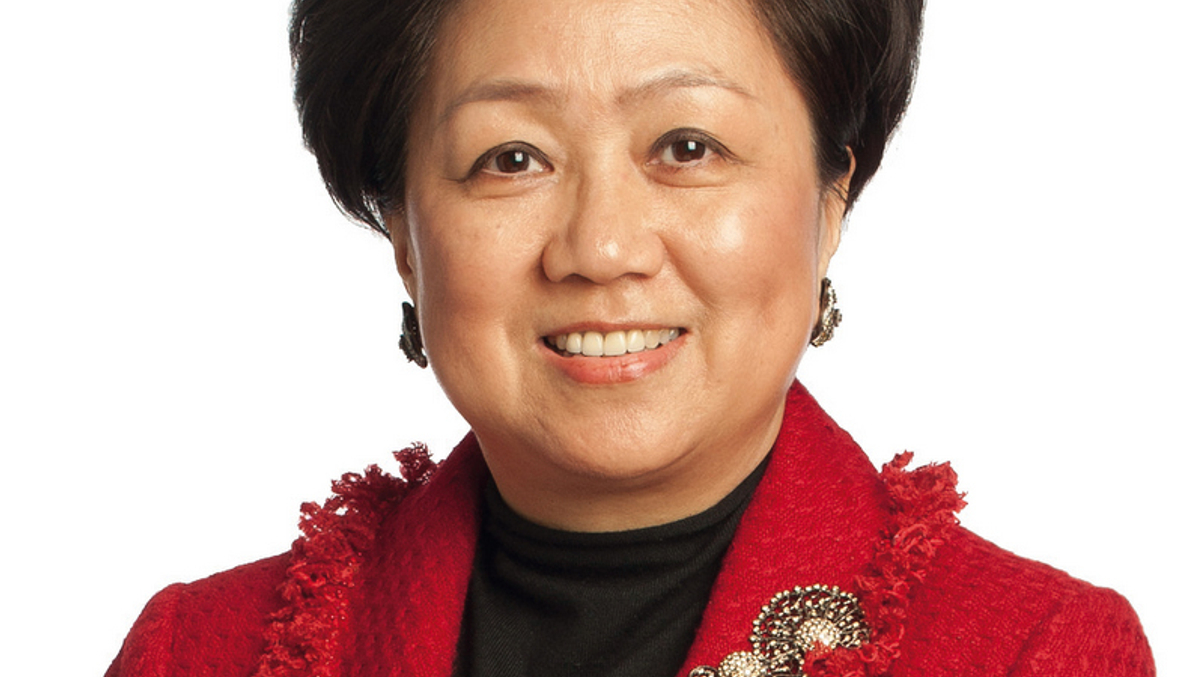HK ‘being overtaken’ as regional ETF hub
Hong Kong's government-backed Financial Services Development Council says action must be taken to stop the city being left behind as a centre for trading of exchange-traded funds.

Those who want to see exchange-traded funds less heavily regulated in Hong Kong will welcome a paper from the city’s Financial Services Development Council (FSDC) urging regulators to take a more open-minded approach.
Sign in to read on!
Registered users get 2 free articles in 30 days.
Subscribers have full unlimited access to AsianInvestor
Not signed up? New users get 2 free articles per month, plus a 7-day unlimited free trial.
¬ Haymarket Media Limited. All rights reserved.


